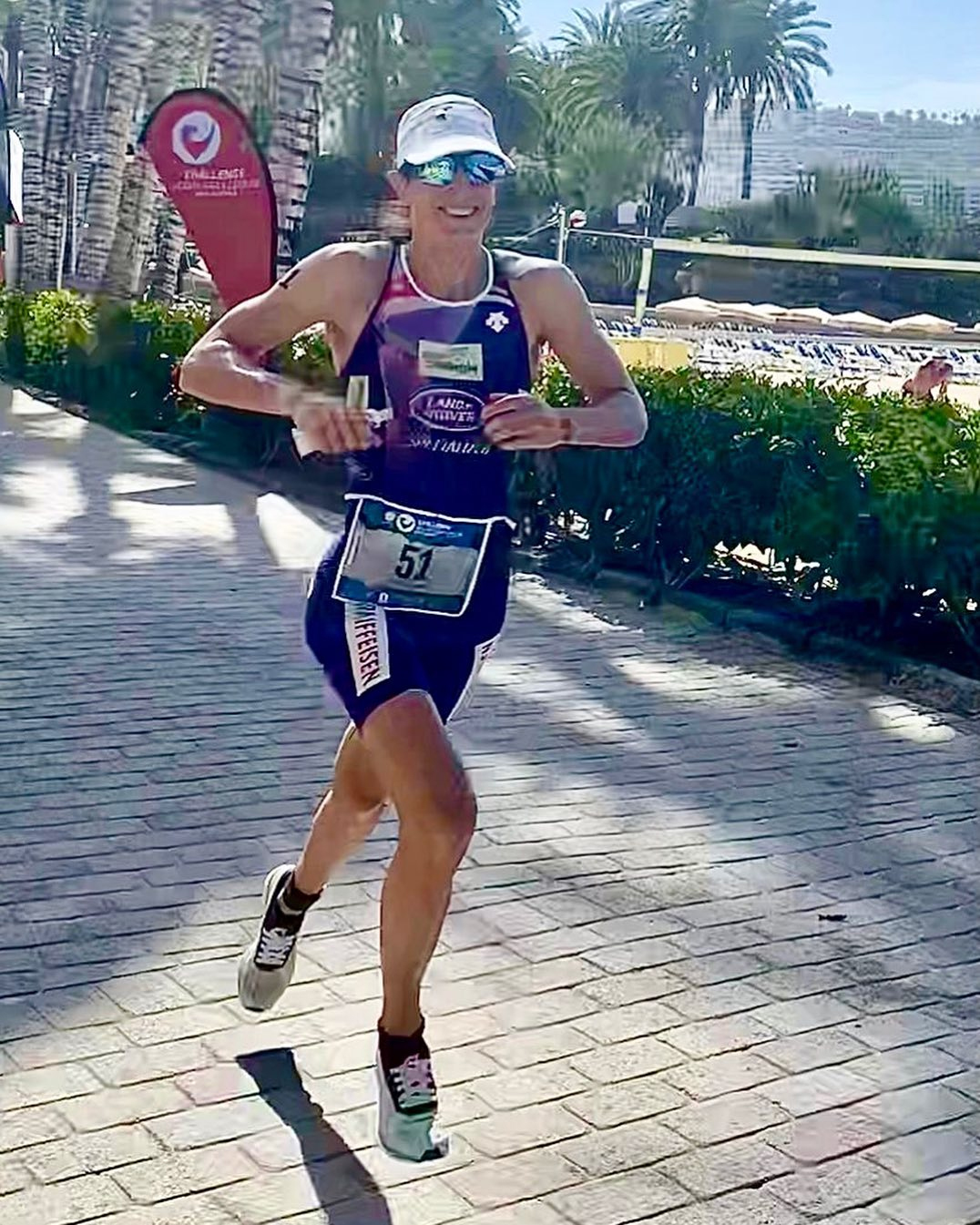
Namita Nayyar:
Introduce us to a day in your life. You hold a degree in law, how has it helped you grow as a person.
Nicola Spirig:
I have always been a person who likes to have different challenges at the same time. My studies were enrichment back then; I liked having a “normal student life” besides working on becoming the best athlete in the world. Having a good education afterwards helped me to concentrate completely and without worries about the future on sports with the security that I would have a good chance of finding a decent job after my sports career no matter how successful I would be.
On the other hand sports has helped me very much with doing my studies, as I knew exactly how to be efficient, how to work for a goal and plan, how to deal with pressure in big exams etc., all learned in sports and all being very useful in my studies!
Today, there is not such a clear fixed daily routine. For me it doesn’t matter whether it’s the weekend or during the week, I train seven days a week. Before the Olympic Games the training is very structured and intense. During this time I train 3 times a day, 23-30 hours a week. I try to be with my international training group as often as possible, often in high altitude in St. Moritz, other times in camps for example in Gran Canaria.
Besides the training there are events with sponsors, media obligations etc. In between the training sessions I try to spend as much time as possible with my kids. We see ourselves very privileged, as both my husband who is mainly responsible for the kids and I can spend a lot of time together with our three children.
If I go to training camps I always try to bring the whole family with me. I also think I am a better mother being able to still do my passion as a job and have a family, it really makes me appreciate the time with them and I come home to them happy after the training. The family has the priority, which means my plans for the day can change depending on the kids health, school obligations etc. I am very happy to have a coach who accepts that and adapts the training to my family life.
Namita Nayyar:
Five exercises that essentially comprise your workout routine all through? Exercise Therapy you have followed to prevent injury or overcome it? Your advice to follow as five key for beginners in triathlon.
Nicola Spirig:
Five key for beginners in triathlon
- do more smaller sessions instead of less big sessions, you will get more out of it
- don’t train a huge amount of hours one week and then nearly nothing next week but try to be consistent and make a plan you can keep up for a longer period without disrupting your life.
- don’t always train at the same speed but bring some intervals into your training sessions. That can be doing all hills fast and the rest easy or running 1min fast, 1min easy several times or mix it up with longer and shorter intervals. It keeps the training interesting and it challenges your body to adapt and get better.
- keep it simple. We often just train with the three speeds “moderate, medium, mad”. Get to know your body and train by feel, so you can also adapt your training to stressful days at work or other things influencing your body and mind.
- trust your judgment and listen to your body. It will prevent injuries if you learn how to interpret the signs your body gives you and follow them.
Disclaimer
The Content is not intended to be a substitute for professional medical advice, diagnosis, or treatment. Always seek the advice of your physician or other qualified health provider with any questions you may have regarding a medical condition.